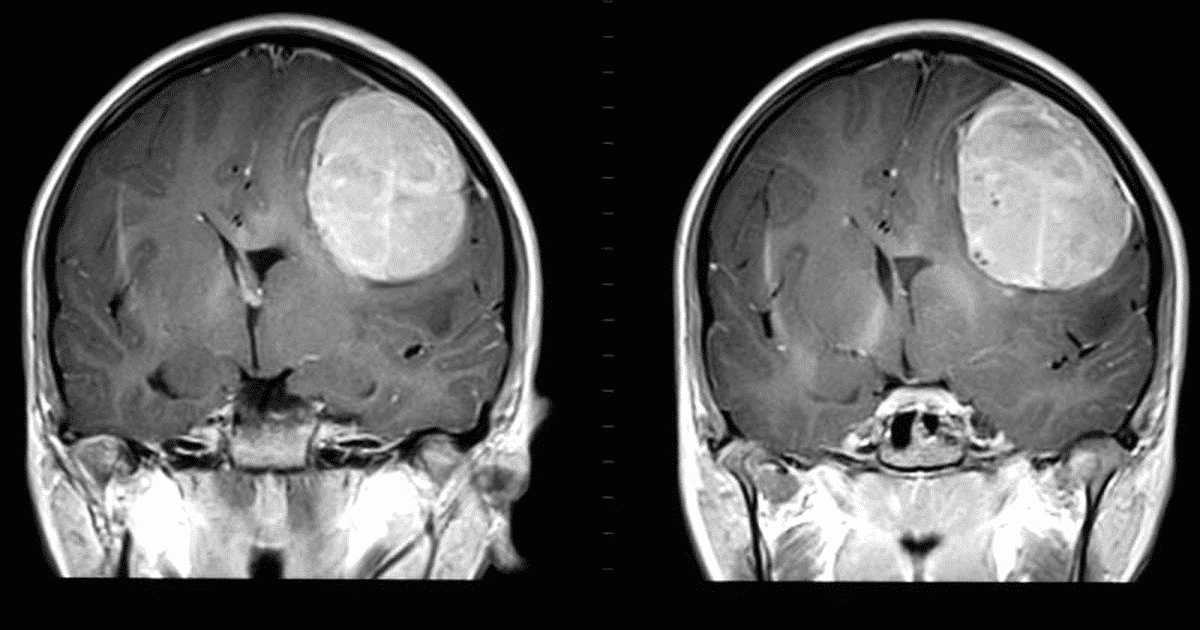“Electric Cap” Shown to Prolong Survival in Deadly Brain Cancer
For patients diagnosed with glioblastoma, an aggressive form of brain cancer that strikes about 3 in 100,000 patients in North America each year, the prognosis is bleak. Only five per cent of patients live past five years, and no study in the last decade has found a way to improve survival rates. Earlier this year, Tragically Hip frontman Gord Downie died after a high-profile battle with glioblastoma, and Republican U.S. Senator John McCain continues to fight the disease.
Now, a new study by researchers at the Northwestern Medicine has successfully demonstrated slowing down the growth of a deadly type of brain tumor using a new electric device.
The device has electrodes that are attached to the shaved head of a person who has glioblastoma, an aggressive form of brain cancer. The device is worn nearly 24/7, except for occasional breaks and weekly electrode changes.
Attached to the head, this device delivers a continuous supply of low-intensity electric fields. The device’s networks of insulated electrodes direct so-called tumor-treating fields at the glioblastoma.
In the study, 695 patients were randomly assigned to either receive the TTFields in combination with temozolomide, a chemotherapy
drug, or the chemotherapy drug alone. Overall, 466 patients received the TTFields-chemotherapy combination, and 229 received the chemotherapy treatment alone.Patients who received TTFields did better than patients who did not: the median survival time for those receiving the TTFields therapy was 20.9 months versus 16.0 months for patients who did not, with a substantially higher fraction of patients alive at two, three or four years after diagnosis.
“This trial establishes a new treatment paradigm that substantially improves the outcome in patients with glioblastoma, and which may have applications in many other forms of cancer,” said lead study author Dr. Roger Stupp, professor of neurological surgery and of medicine at Northwestern University Feinberg School of Medicine and Northwestern Medicine chief of neuro-oncology in the department of neurology.
“With TTFields therapy combined with radiation and temozolomide chemotherapy, up to 43 percent of glioblastoma patients will survive longer than two years,” Stupp said. “In a disease where, until 2004, the great majority of patients died within one year, this is yet another example how systematic and interdisciplinary research will benefit patients in everyday care.”































